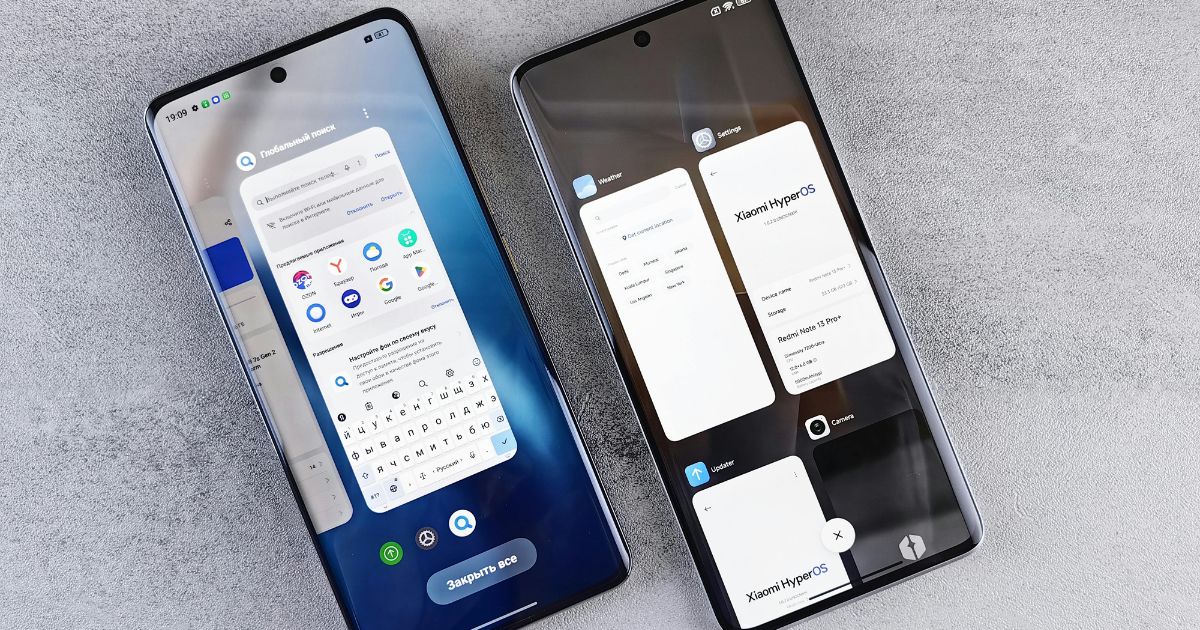Scientists estimate that the human brain can store the equivalent of up to 2.5 million gigabytes, while the largest hard drive in the world maxes out its storage at just 10,000 gigabytes.
If humans can store 250% more data in their brains than computers can in their hard drives, what about processing data, analyzing data, and creating actionable insights based on a collection of data points? Who does it better, humans or machines?
The truth is, you simply can’t rely on a computer or a piece of custom software to do everything that a human can do. Artificial Intelligence (AI) has made leaps and strides in replicating the human brain to store, process, and analyze data, but it takes a combination of both humans and technology to create the best outcomes in business.
In this article, we’ll explore the 4 main reasons that your brain is bad at remembering details. We’ll also share how leveraging technology for your business can help you achieve better outcomes.
Why We’re Bad at Remembering Details
1. Cognitive Bias
Our brains try to oversimplify the various stimuli that enter our awareness to allow us to make efficient decisions. There is a wide variety of different types of bias that will impact how, and which details we can remember. The main biases that contribute to our behavior are limited attention, individual motivations, mental shortcuts (heuristics), social pressure and emotions.
Our cognitive bias can lead to impulsive, rash, or uninformed decisions as a result of not weighing all of the considerable factors before making a decision. This can result in less than optimal outcomes in our business strategies, communication, and end results.
2. Illusory Superiority
Illusory Superiority is one of the key factors that can influence our decision making. Simply, we tend to think we’re better at certain things than we actually are. An example of illusory superiority would be taking notes during an interaction, or keeping track of details in a swirling activity with the intent of remembering everything, but actually remembering very little.
Think of it as the myth of multitasking. Many people think they can multitask, and in fact, we do it all the time. The problem is that by attempting to do more than one thing at once, we lose focus and efficiency on all fronts. This can result in less than optimal outcomes in business.
3. Memory
Humans store a vast collection of both short term and long term memories and we have about 70,000 thoughts per day. As a result of this, our brains must make quick decisions about what is important enough to remember and what can be discarded.
The majority of our memory drive is filled with our long term memories; about 60% from our childhood to adolescence. We need now more than ever to approach which short term memories like upcoming tasks to be completed, conversations we’ve had, and actions we need to execute on with a sense of urgency and efficiency.
4. Attention
To our credit and our fault, humans as a species have the innate ability to store massive amounts of information in our brains. But what happens at the top of the funnel when our attention dictates which information will be stored and how it will be stored?
The problem with our ability to ‘pay attention’ today is that we live in a fast-paced, rapidly changing digital environment. More things are competing for our attention, and our ability to recall information accurately, and to relay that information effectively, can be negatively impacted.
This is where the thoughtful use of technology can help us.
How Technology Can Help
Let’s be clear about one thing. Technology does not make us smarter.
Even the most intuitive pieces of hardware, software, and artificial intelligence (AI) cannot achieve the same things that a human being can from having an original idea to the execution and delivery. Technology can, however, help us achieve our greatest level of potential in our work.
Technology allows us to harness and replicate the massive data influx that we experience daily. We can distill large amounts of information down to valuable data points, create systematic approaches around these data points, and translate our entire knowledge base in software. By taking what’s in our brains and replicating it with technology, we are setting ourselves up for more efficient, consistent outcomes.
As an example, Lionshare Negotiations, an AppIt Ventures client, created a proprietary solution that allowed their users to track several seemingly disparate data points. Each of these data points would have been captured over long periods of time in an enterprise sales cycle.
Lionshare recognized that their previous system proposed high risks for their sales clients in emotional situations; high risk, high commission, high stakes deals. Providing this step-by-step guided tool created confidence in their sales clients. As a result, their clients saw better financial outcomes in their deals.
Conclusion
Technological advances have created massive value for businesses around the world. Data tracking, machine learning, and artificial intelligence (AI) can keep track of seemingly minor details that may increase in importance as a transaction progresses. The introduction of technology has also brought a new level of security and scalability for individuals, teams, and organizations.
While much can be argued on whether or not there is a bias built into machine learning and AI, the fact is technology tracks details without emotion. Recalling all of these details with the use of thoughtful technology will allow you to make the very best decision with a strong sense of confidence.
Further reading: How To Know When You're Ready To Build An App








